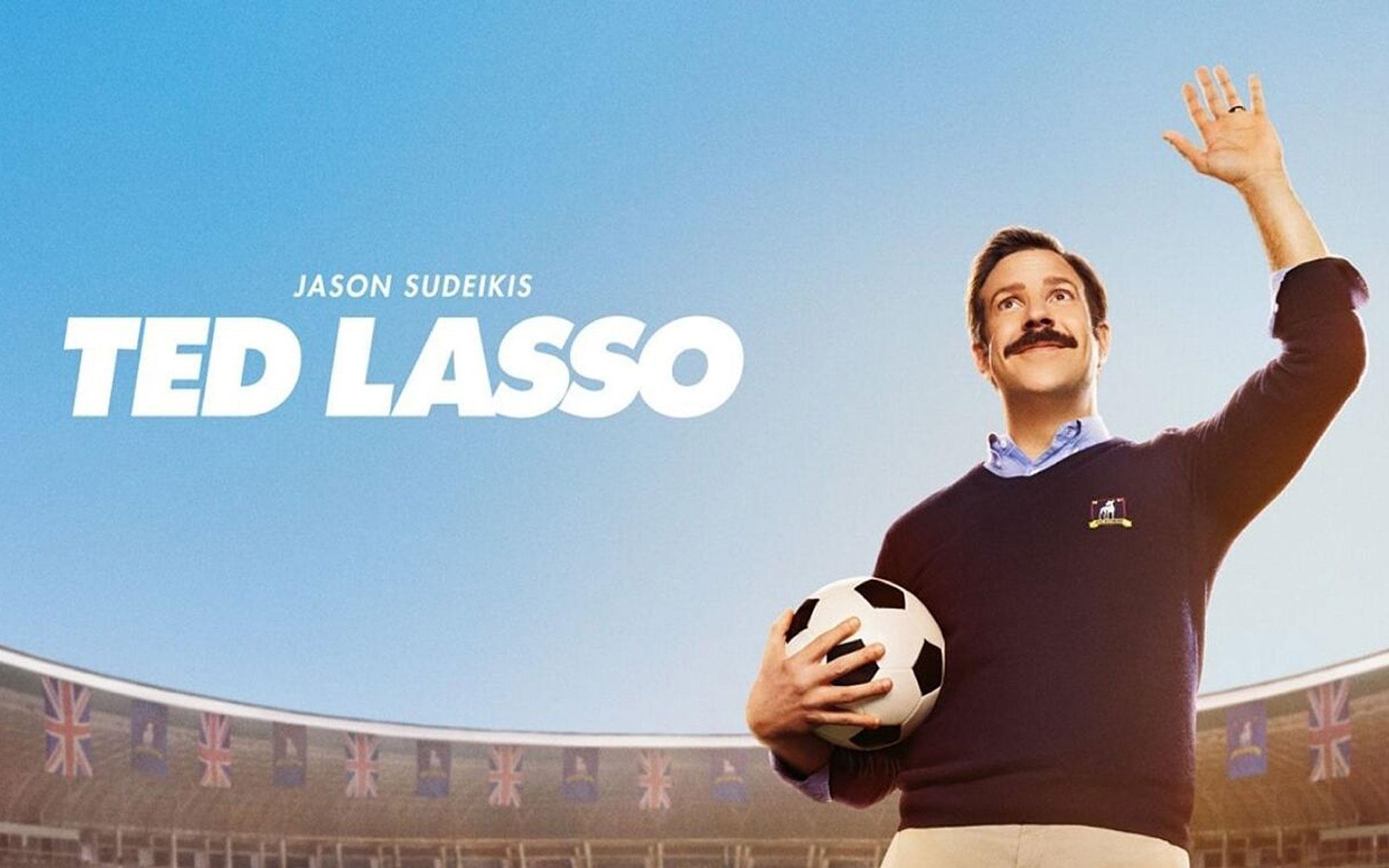In 1995, Pope John Paul II wrote an encyclical letter, The Gospel of Life, in which he argued that Western society was becoming a “culture of death.” Clearly, he had abortion or euthanasia (medical assistance in dying, as it’s now called) in view. But he was also pointing to a deeper worldview shift. No longer were Western countries actively looking out for each other’s well being; we were becoming inward-focussed on our own pleasure and comfort, no matter the social or relational cost to those around us.
For those who create culture for mass consumption, the question presents itself: how does one promote a culture of life today? One hopeful sign is Ted Lasso, now having completed a second season on Apple TV. We were introduced to Ted Lasso in Season 1; it’s about the American college football coach who moves to England to lead a struggling football/soccer club. Special note: he is uniquely nice in a nasty business. He’s like a bit of light in a dark world.
During Season 2, we witness Lasso’s unending kindness as a way to overcome and heal social divisions. Those might be the divisions between players, between rival team owners, even between coaches or fans, or sometimes between lovers. What’s new this season is that a few dramatic elements have been introduced that give the characters and the storyline more human depth. The niceness has complexity and nuance amidst the brokenness. Mental health struggles, the benefits of therapy, and the dangers of self-medication are given prominent attention. But it’s not just those at the bottom of the social ladder—the bullies and loners—who turn to the help of a counselor; even Ted Lasso himself comes to embrace his own emotional demons and unfinished personal development. This season shows that it’s not as though the macho athletes are exempt from this work: we all must put in the effort for our healing and well-being. No one is free from having faults that cause hurt, pain, and confusion to others. Even a top-shelf soccer player can get tripped up by unacknowledged brokenness that alienates us from others as well as our true selves.
As this second season reaches its crescendo, we must face some important truths right along with the team. Some of those truths come in the form of questions: “What’s more important: being loving or being right?” Other truths are presented as statements embraced and adapted from religious sources: “The truth will set you free, but first it will piss you off.” And as the season closes, with appropriate soccer-pitch drama, we realize that the game has been a metaphor all along. The game is not a distraction; rather, it is a means of self-improvement. The challenges of the game (injury, loss, player trades) that plunge us into deep despair or euphoric joy are necessary elements in our becoming who we are truly able to become. It’s in the thick of the drama, with all the rollercoaster ups and downs, when we’re fully engaged with friend and foe alike, that we realize—maybe for the first time—that “football is life.” The living of life is in the everyday ordinariness.
For Ted Lasso’s team, they discover life through the pain and glory of football. Life is in the blood and mud on the pitch and the fights and celebrations in the locker room. For others of us, it might be through parenthood or graduate school, or through a divorce or a death, or through battling depression or defaulting on a loan. Life doesn’t just float in a vacuum. Living isn’t an idea. Life is the tears and the panic and the worry and also the surprise and the gratitude. Life is the depth of struggle we bring to the fight against the darkness on our journey to the light.
Maybe football/soccer isn’t your thing. That’s ok. Your one precious life, whatever its particulars, is for your living. And it’s worth the fight and the struggle. And for those who orient their lives around Jesus, living is even worth facing death squarely in the eye. Let’s be like him for and with each other by snuffing out, bit by bit, the darkness of our culture of death by living life with joy. (Rated TV-MA for language and some nudity, Apple TV+)
About the Author
Michael Wagenman is the Christian Reformed campus minister at Western University in London, Ont., where he invites undergraduate students to put their faith into loving service and mentors graduate students. His most recent book is The Power of the Church: The Sacramental Ecclesiology of Abraham Kuyper (Wipf &Stock, 2020).

